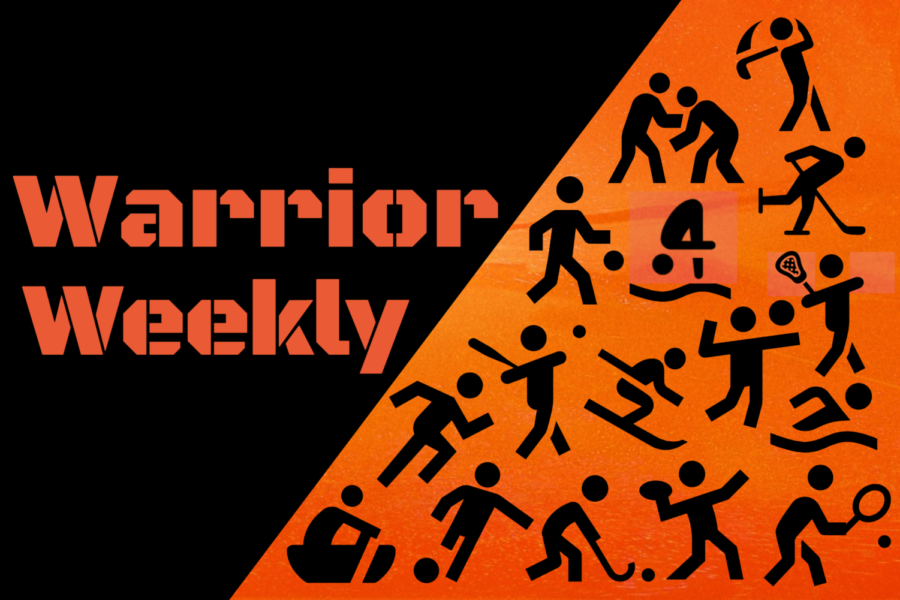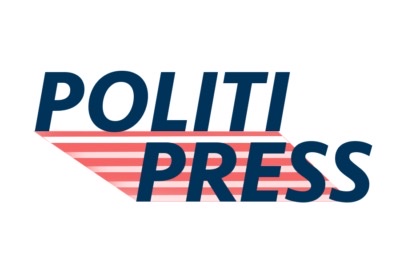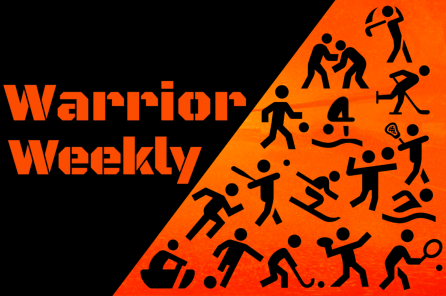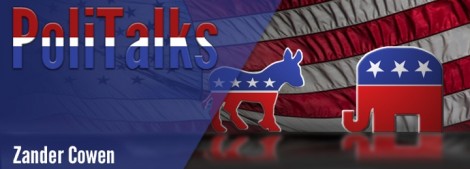
On a local scale, as suburbanites, our chances of success are dramatically higher than that of inner-city students. Equally so, our opportunities for the future, as wealthy Waylanders, are unmatched; we have an incredible school system and a supportive community that nourishes us like babies.
And babies we are, nestled in our cradle, drinking the milk of opportunity.
Still, there is an even more damning kind of inequality that, I feel, needs our attention. After all, it’s time to celebrate the Occupy Wall Street movement’s anniversary numero uno.
Light the candles, bring out the cake and lets talk worker pay inequality.
First, let me run through a few facts:
Studies show that in the past, a CEO’s pay was 24 times more than the average production worker. And today, CEO pay is roughly 185 times that of the average worker.
This in itself makes my heart sink, but how about this:
The same study shows that the top one-hundredth of the wealthiest one percent of Americans make an average of 27 million dollars per household. The average income for the bottom 90 percent is roughly 32,000 dollars. Even more stomach-churning is the fact that the wealthiest 10 percent controls two-thirds of America’s net worth.
You heard me right; we are ruled by the rich. I said it. Lock me up in a cell and throw away the key, but it’s time to talk about the big issues between the rich and the poor.
Recently, another study showed the wealth distributions in America. The results could not be more clear. We are optimistic about how our country operates but off the mark when it comes to the truth.
Let me just say, if you believe that there is nothing wrong with inequality and concentration of wealth, I cannot fathom your reasoning. As wealth becomes concentrated, so does power, and when this occurs, our democracy begins to serve the rich instead of our republic, the people.
There are many indications that this power swap is already happening in America.
In Washington D.C., the median net worth for members of Congress is 912,000 dollars. The odds of being a millionaire are one in two. On the other side of the coin, the net worth for American families stands at around 120,000 dollars, much much less.
There are also indications that our disproportionate concentration of wealth is reaching the highest levels ever. In my view, this distribution is one of the many reasons our economy and job market continues to suffer.
A concentration of wealth in the top tier diminishes the middle class, which, by all standards, is the bread-and-butter of our economy.
With that in mind, I think there’s a reason both presidential candidates are promising to revitalize the middle class.
Ed Connor, a partner at the Bain capital firm, believes that inequality is good for innovation. Connor argues that without obvious incentives to take risks, people don’t take them. Ninety-nine percent of the time your ideas will fail, but in a capitalistic society, the thought of success outweighs the fear of failure.
Connor goes on to explain that taking risks is encouraged more in the US than in other countries. Facebook, Google and other innovative companies are set up in a way to teach failure as the inevitable, encouraging their employees to take more risks.
But, Connor’s arguments about how inequality translates to innovation is clearly lacking. He mentions the idea of success but then argues that we aren’t motivated by money. Connor is clearly standing on a chair with no legs, and therefore, so is the belief that inequality has and will always be here, not worthy of reform.
Standing in my kitchen, I cut a sliver of my Occupy Wall Street anniversary cake. I look to the side and see empty seats. I’m crestfallen that everyone has left, but then I recall what I’ve learned.
We have the opportunity to make workers’ pay more equal.





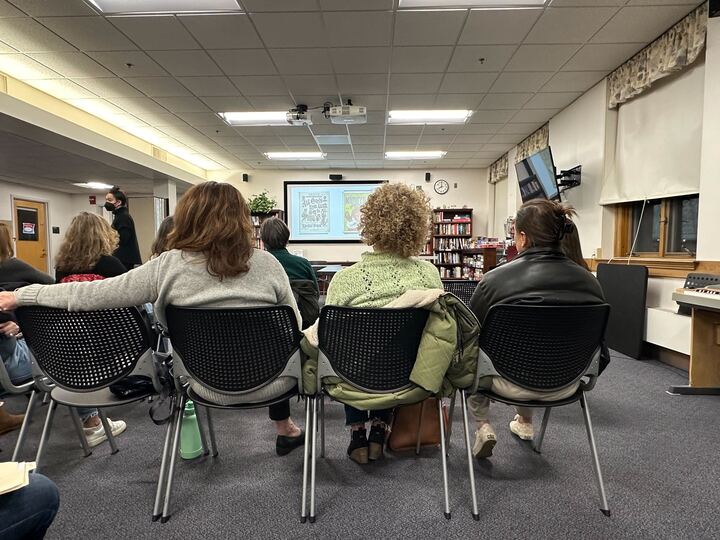





![WSPN’s Annika Martins and Maddie Zajac explore the athletic life of senior Annabelle Zhang through her badminton career. “This [photo] is me and my former partner after we won the 2022 junior nationals mixed doubles category,” Zhang said.](https://waylandstudentpress.com/wp-content/uploads/2024/04/IMG_6629-1200x900.jpg)
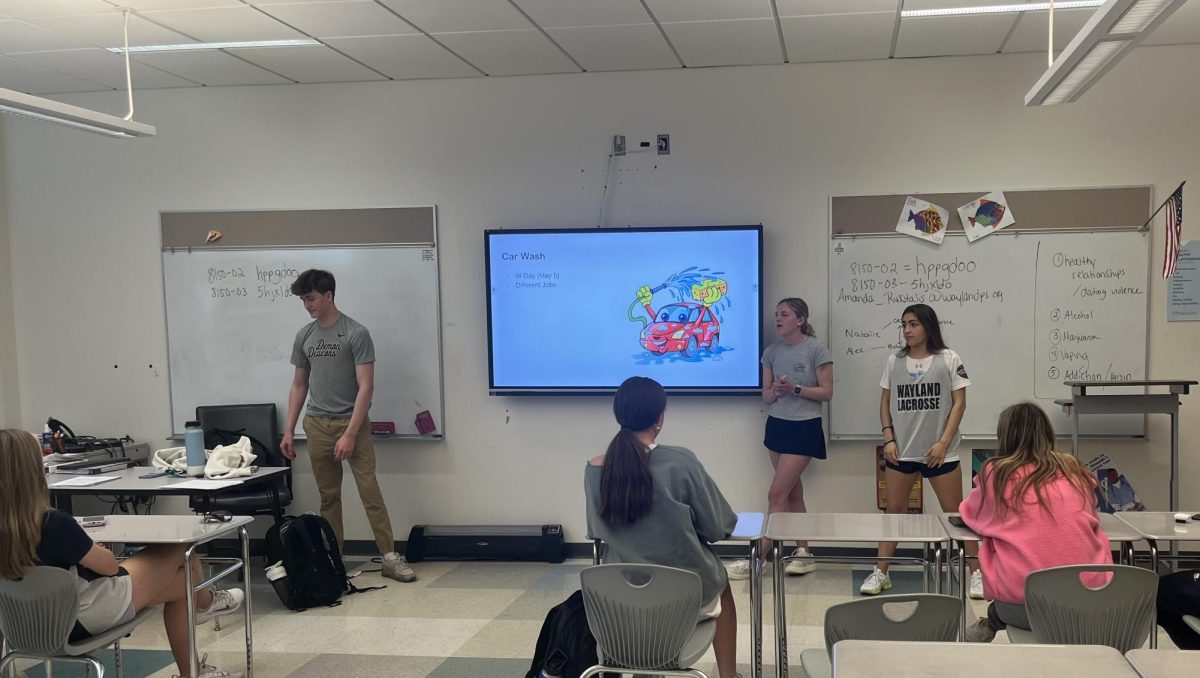
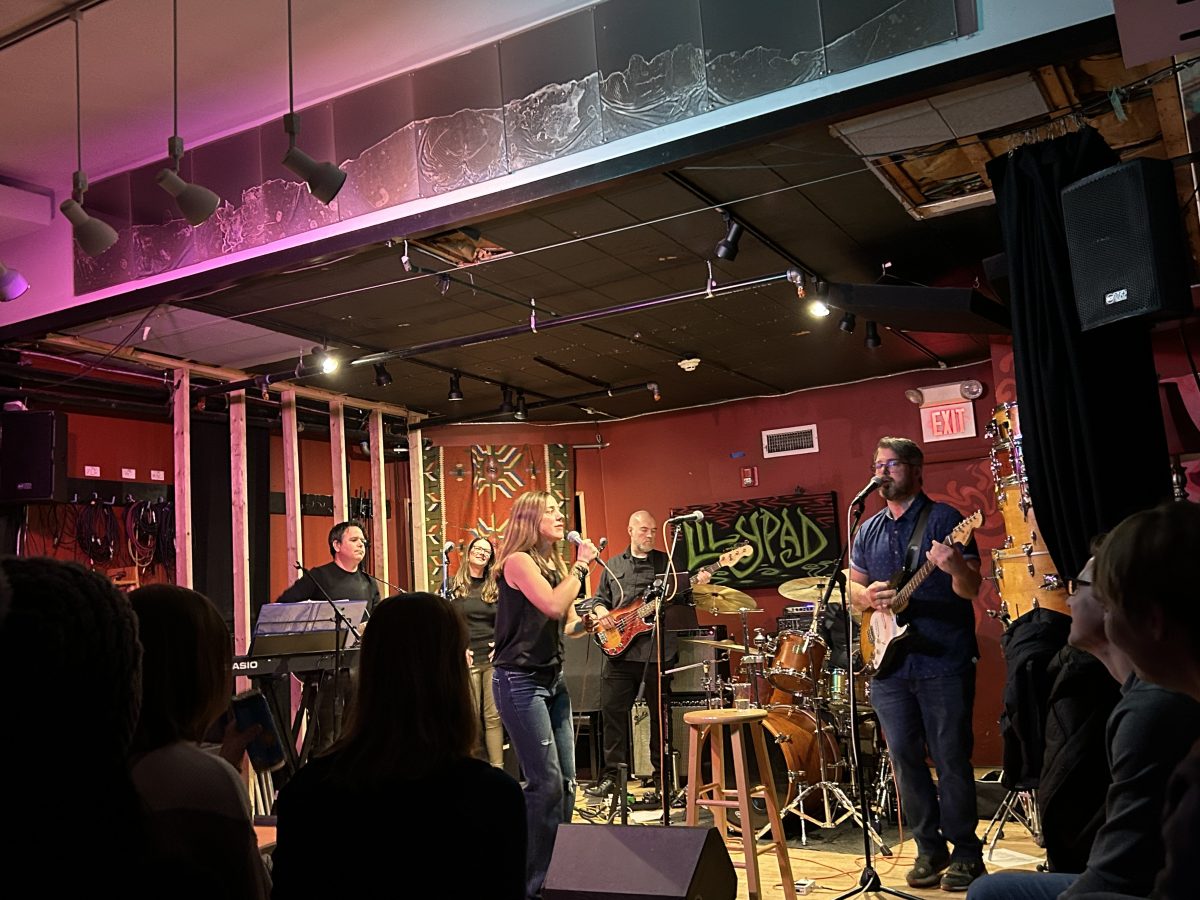
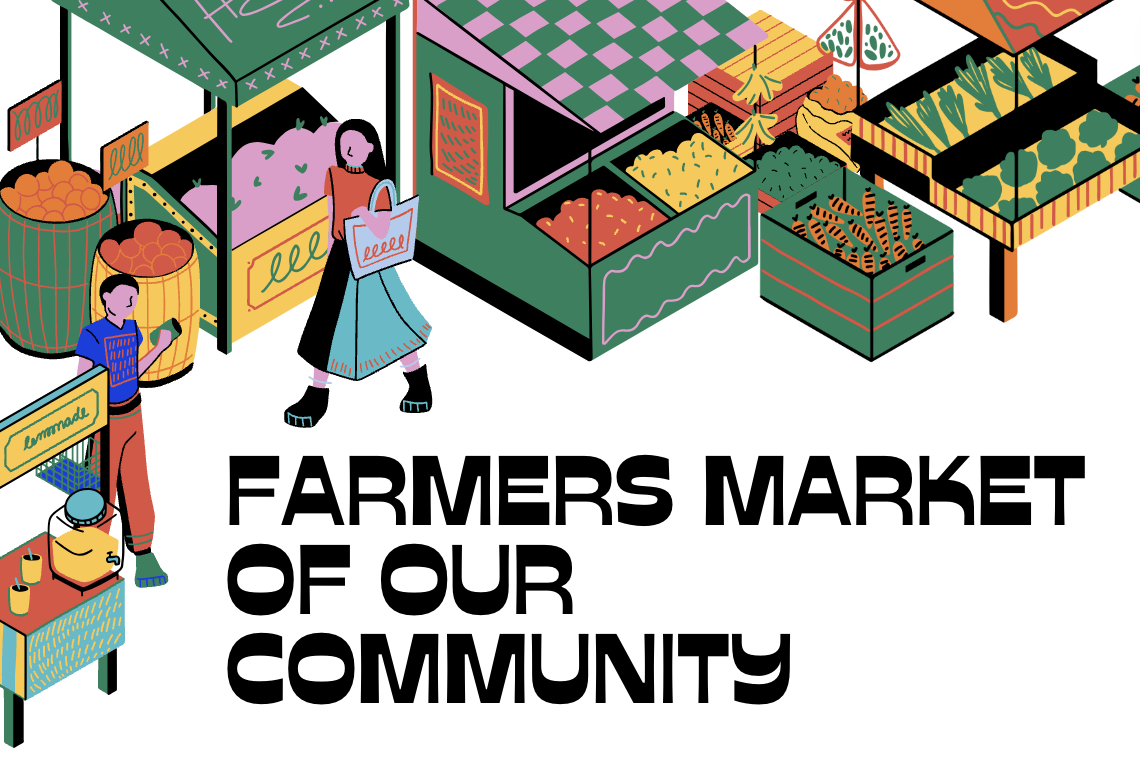
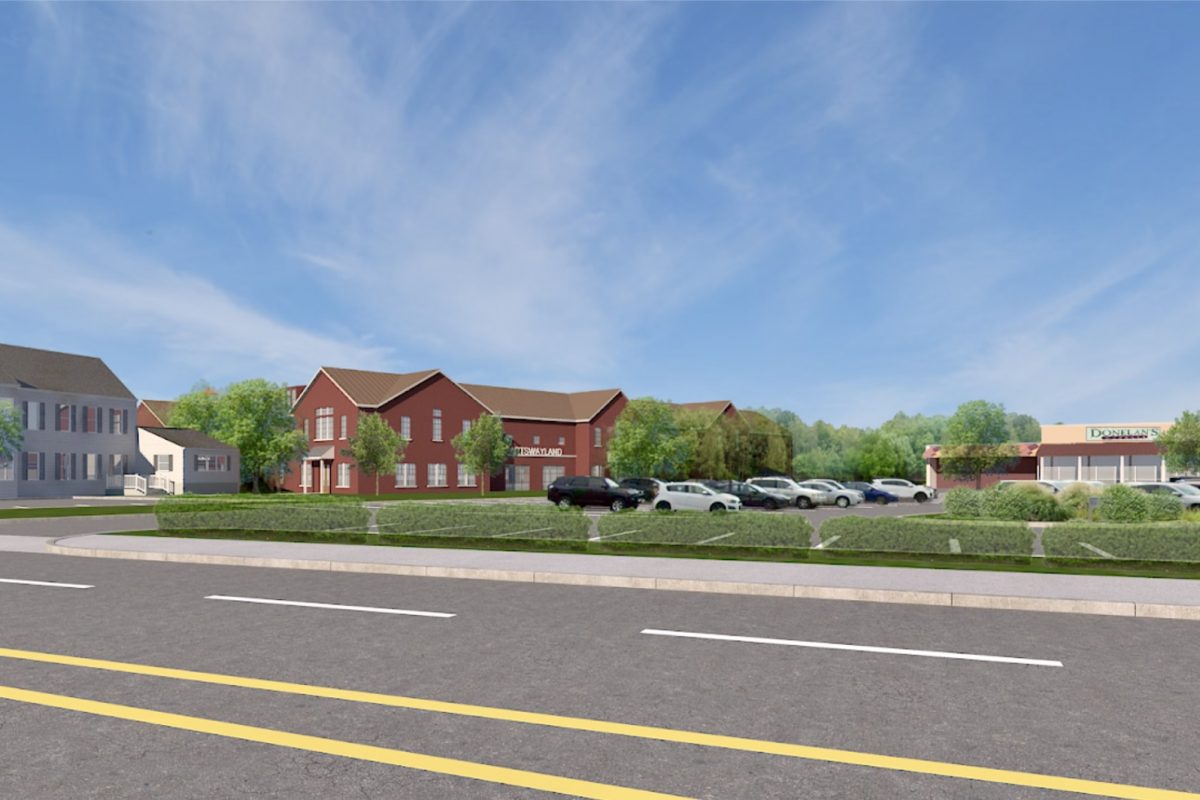













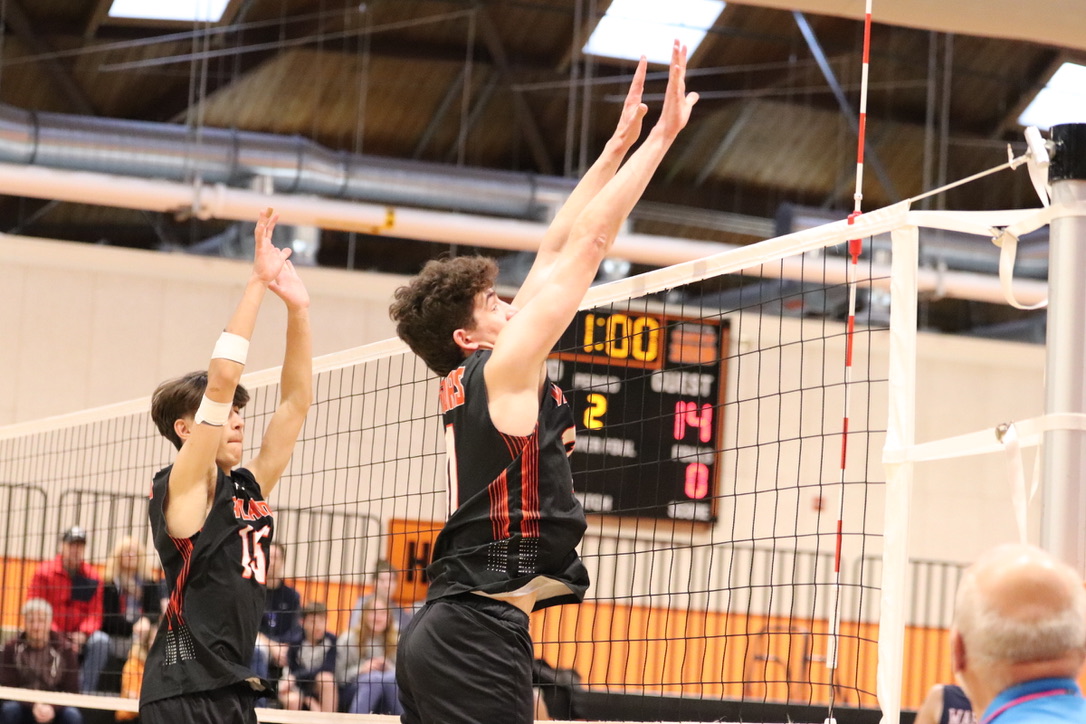
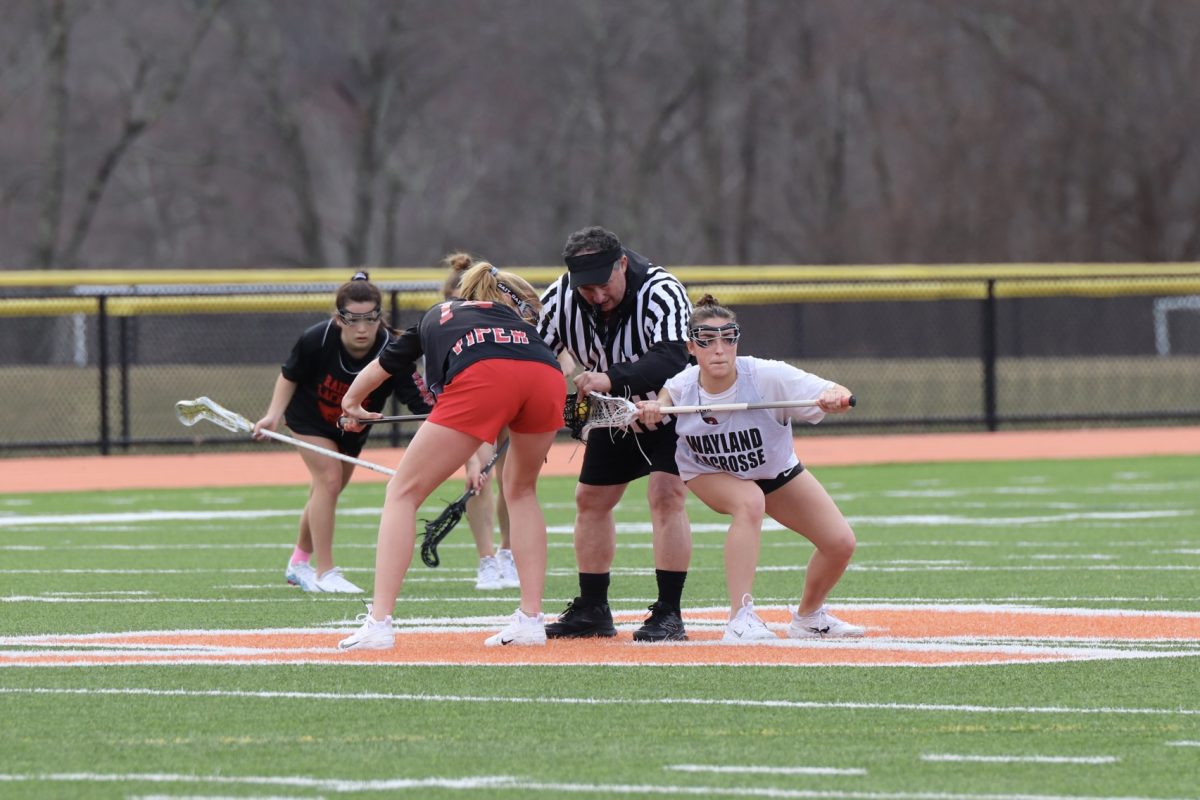
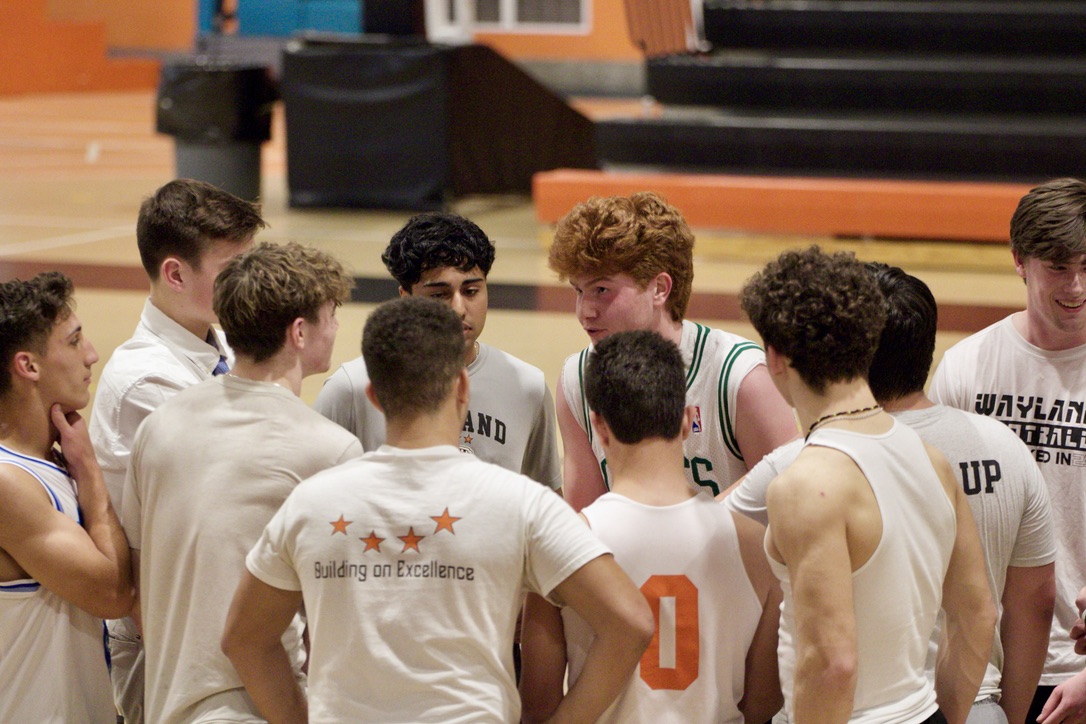








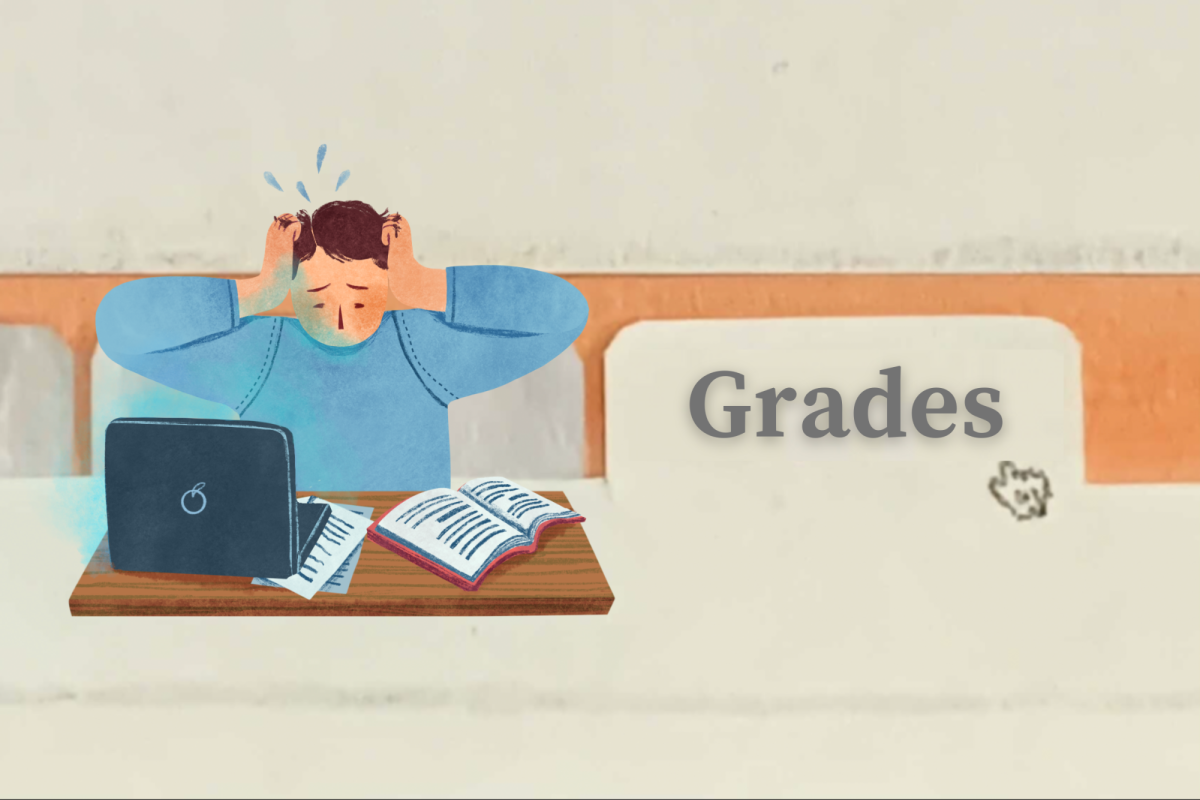
















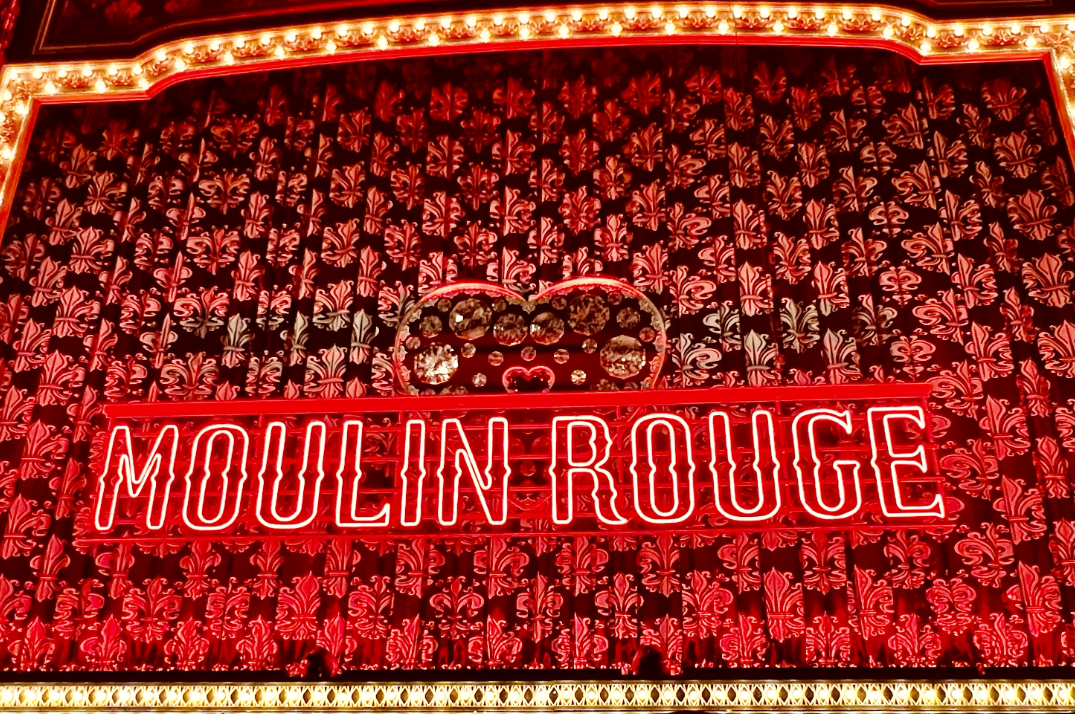








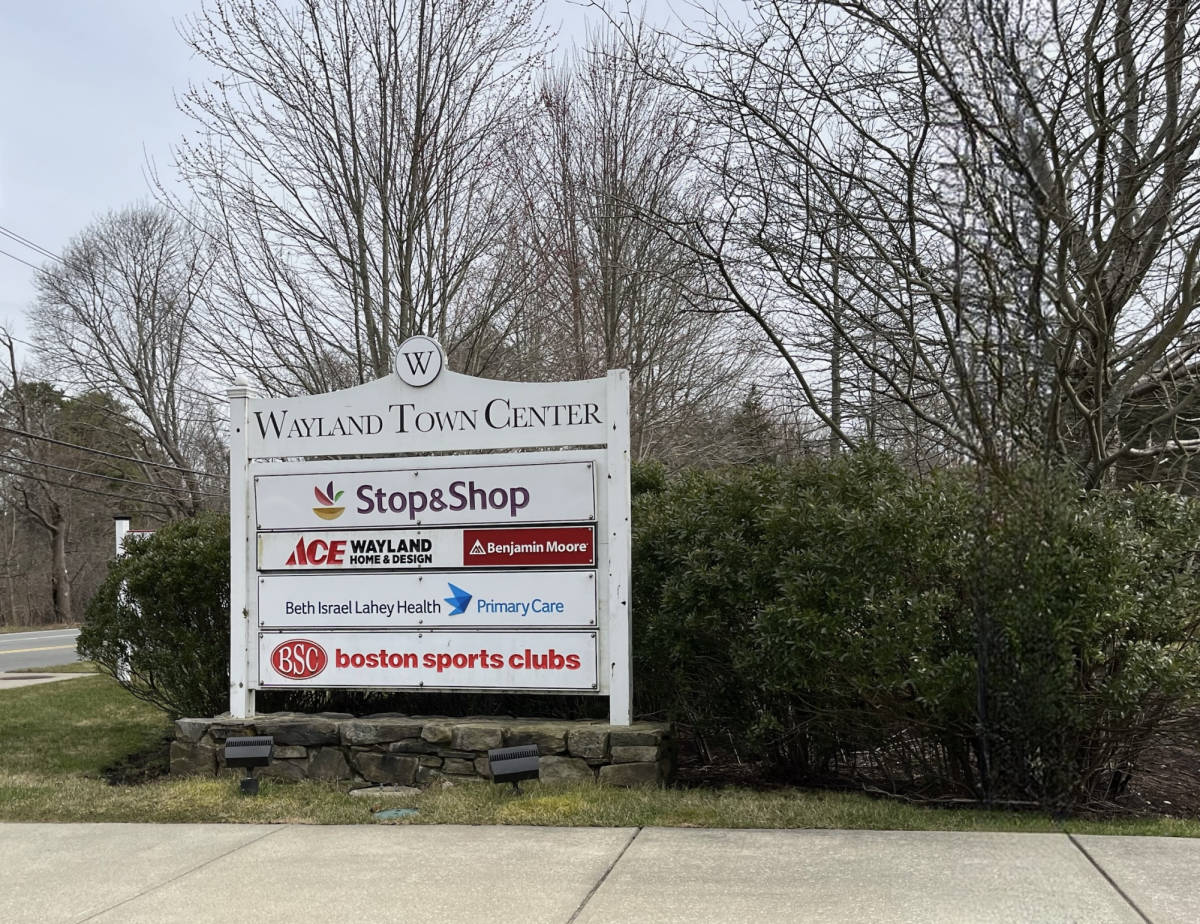











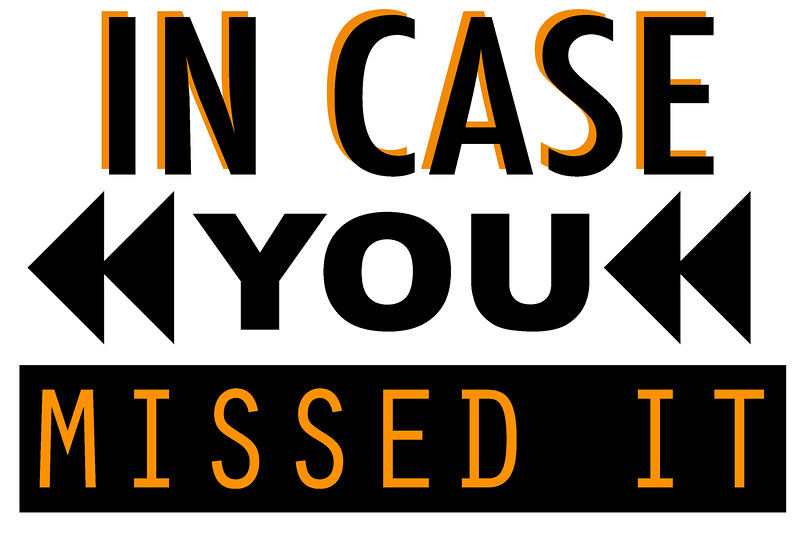



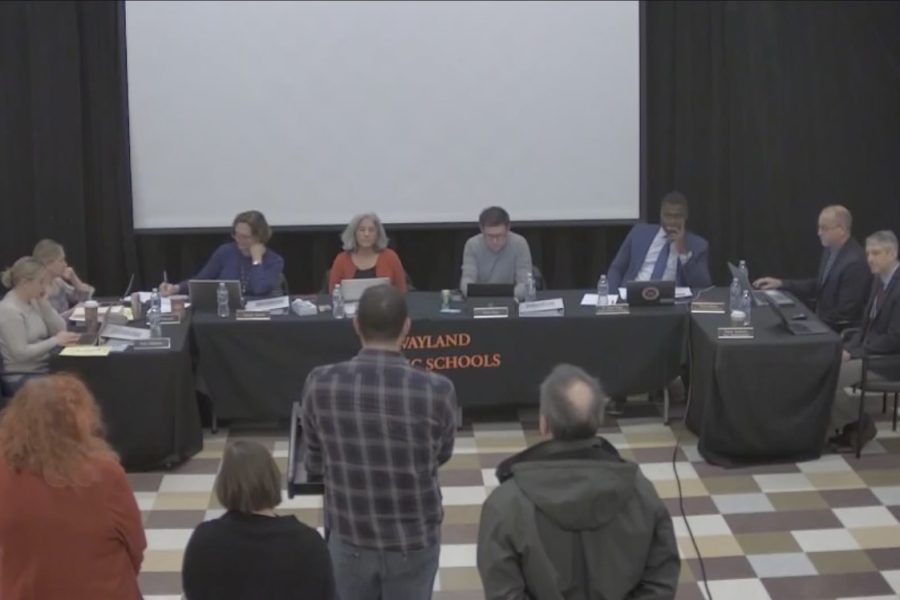

![Seniors Garrett Batt, Tom White, Emmanuel Nzaramba and Jack Calverley work together in preparation for the Spring Fling. “We decided to host this because March is kind of a slow month [in which] there’s not really that much happening, so I just thought it would be fun to put pep back into everyone so people could look forward to something this month,” senior Delcie Peter said.](https://waylandstudentpress.com/wp-content/uploads/2024/03/Screenshot-2024-03-20-at-10.28.14-PM-1200x832.png)

